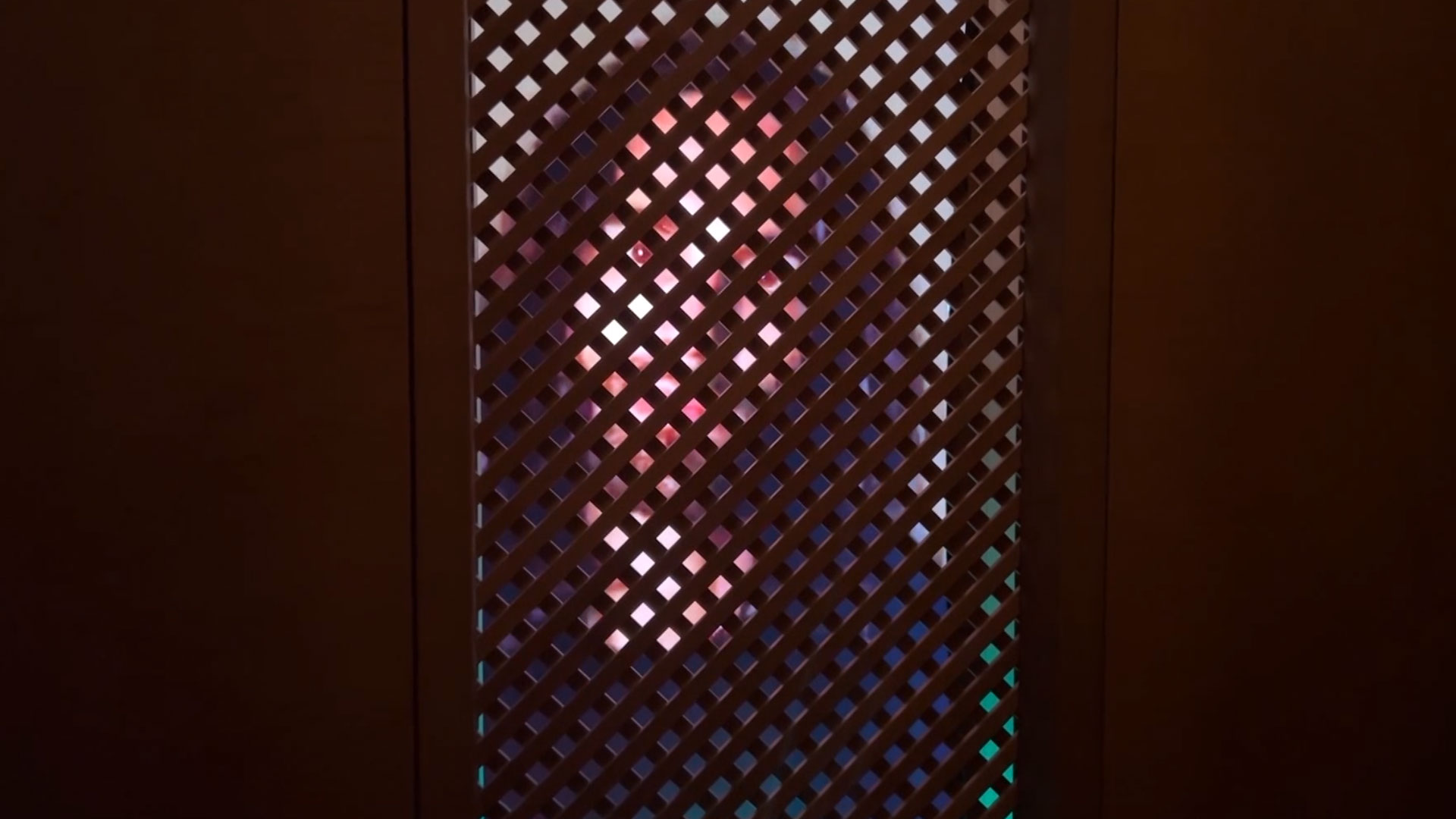An AI-powered Jesus, dubbed “Deus in Machina,” just finished a two-month stint at Peter’s Chapel in Lucerne, Switzerland, sparking debate about technology’s role in religion. A lifelike hologram was created by Lucerne University’s Immersive Realities Research Lab, offering guidance in 100 languages to over 900 visitors in a confession booth.
It’s no secret that Aljosa Smolic, lab director, and theologian Marco Schmid, researcher Philipp Haslbauer, anticipated controversy when designing the avatar. As Pope Francis warned against artificial intelligence’s “exciting but disorienting” potential, Smolic said religion must confront it. Presented as an art installation, the project explored the promise and limits of technology in faith contexts.
In addition to the evolution of the Catholic Church, women in priesthood, and abuse scandals, visitors also talked about love, sexuality, illness, death, and the afterlife. Powered by GPT-4o, the AI weaves stories from the Bible into its responses, avoids gendered language, and offers pastoral advice.
In spite of some, like Tripadvisor reviewer Edward, calling it “blasphemy,” most in-person visitors found it inspiring, and used it as a spiritual conversation partner. Those who read about it online often had negative reactions. Joanne Pierce, a religious scholar who stressed the need for human priests, not machines, expressed concerns about the confessional setting. Catholic Answers’ Joseph Heschmeyer echoed this, pointing out that true confession requires vulnerability.
As in Catholic Answers’ short-lived “Father Justin” AI, Heschmeyer observed that such tools stir unease by mimicking sacred relationships, falling into a spiritual “uncanny valley.”
A preliminary analysis of AI Jesus’ conversations is being done in the lab to better understand human trust in machines. Preliminary findings suggest the avatar engages with church practices and personal struggles. Its team plans to show the avatar at science conferences and art exhibitions, exploring ethical and theological questions it raises.
With technology intersecting faith, it challenges beliefs about authenticity and the sacred, prompting reflection on how digital tools can engage spirituality without degrading it. I don’t think it can be done. Now of course nothing is being recorded to help train the model I am sure. Definitely not a way to gather juicy secrets masses. Best blackmail tool out there

